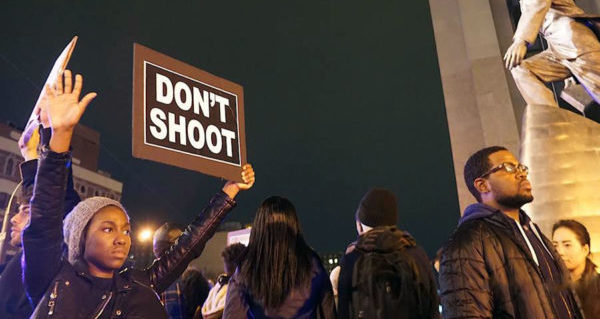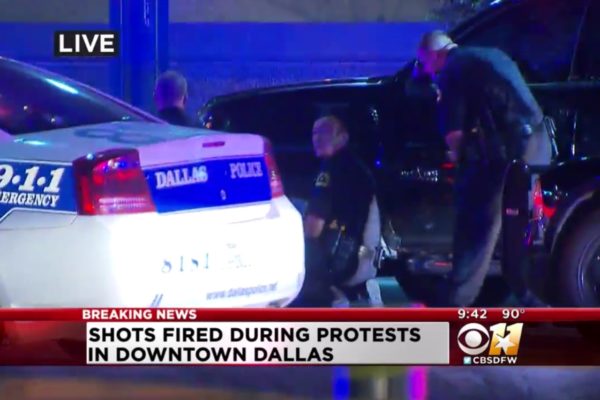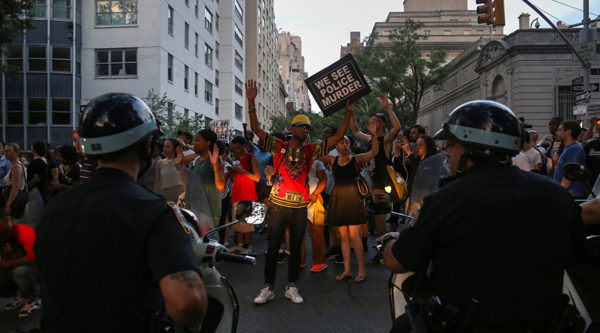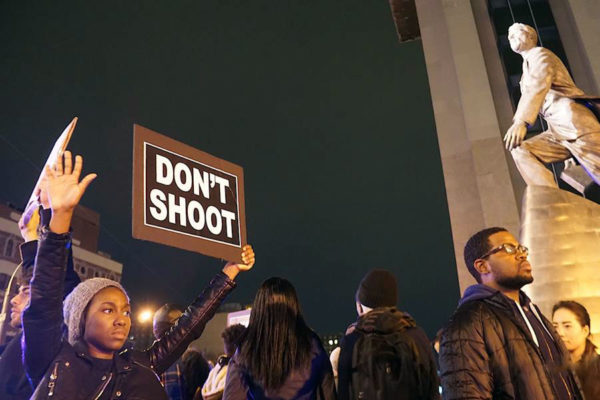
The United Nations Expert Panel on People of African Descent has expressed grave concern over structural and institutional racism in the United States, after the recent killings of two black men by police in the country that has sparked national outrage.
Philando Castile and Alton Sterling were shot dead by police officers in Minnesota and Louisiana. The two devastating incidents have once again sparked outraged against police brutality across the United States, this time, very bloody.
On July 7 2016, a suspected sniper gunned down five police officers in the city of Dallas in Texas during a protest against the killings of Castile and Sterling. The sniper fired at the officers from an elevated position in a parking garage overlooking the street. Six other officers also sustained injuries. Police reported that during negotiations with the perpetrator, he said he was angered by the killings of African-Americans by the police, and wanted to kill more white officers in retaliation. The suspect was later killed by a police robot.
These incidents have brought back the old debate of racism against people of color in the United States. Many observers are now agreeing that the problem has become structural and institutionalized.
According to the chair of the United Nations expert panel Ricardo A. Sunga III, the panel is highly concerned over the level of structural and institutional racism in the United States. The panel claimed that the problem is at its unprecedented level in the country, considering the number of black men the police have killed recently. “The Working Group [of Experts on People of African Descent] is outraged and strongly condemns the new police killings of two African-American men,” Sunga said in a statement published on the United Nations’ official website.
The panel said the deaths of Philando Castile in Minnesota and Alton Sterling in Louisiana, at the hands of the police, cannot be ignored, and that there should be prompt independent investigations to ensure that the perpetrators are prosecuted and punished to calm down the anger in people.
According to the panel, the excessive use of force by the police against African-Americans has become a routine practice in the United States, with black people twice as likely to be shot as whites.
“The killings demonstrate a high level of structural and institutional racism. The United States is far from recognizing the same rights for all its citizens. Existing measures to address racist crimes motivated by prejudice are insufficient and have failed to stop the killings,” the panel said in a statement.
The panel said this is not the first time it is expressing concern about the race problem in the United States. The statement said the panel had repeatedly expressed its concern to the country’s authorities about various killings of African-Americans by law enforcers. The panel is now convinced that the root of the problem lies in the lack of accountability for perpetrators of such killings, despite overwhelming evidence against them, including video footage of the crime being present.
The panel concluded by urging the United States government to take all necessary measures available to solve the problem, in order to ensure peaceful coexistence in the country.
The chair of the panel stressed: “It is time, now, for the US Government to strongly assert that Black lives matter and prevent any further killings as a matter of national priority.”
The panel also condemned the Dallas attack, which took the lives of the five police officers. Commenting on the Dallas attack, the spokesperson for the United Nations Secretary-General, Ban Ki-moon said: “There is no justification for such violence. Those responsible compounded the suffering that many in the United States feel following the killing of two African-American men over two days. Those killings must be the subject of a thorough and impartial investigation.”
You want to support Anonymous Independent & Investigative News? Please, follow us on Twitter: Follow @AnonymousNewsHQ
This article (United Nations Expresses Shock Over Structural And Institutional Racism In The United States) is a free and open source. You have permission to republish this article under a Creative Commons license with attribution to the author and AnonHQ.com.








